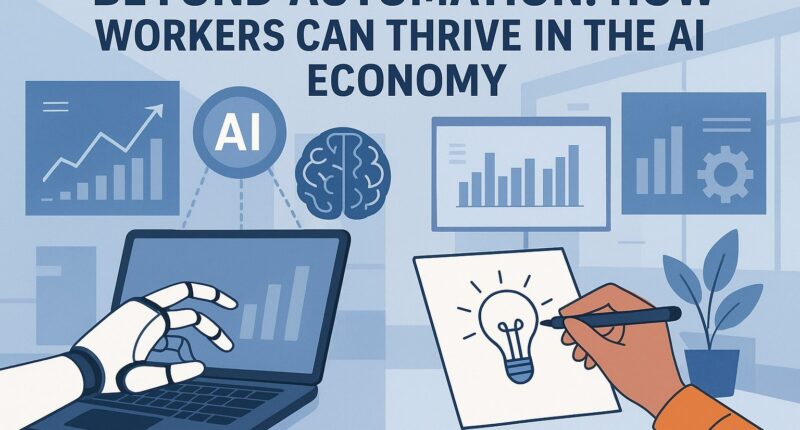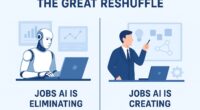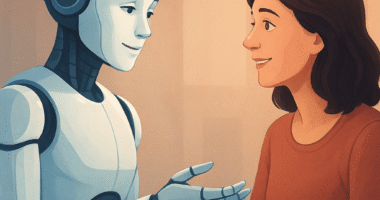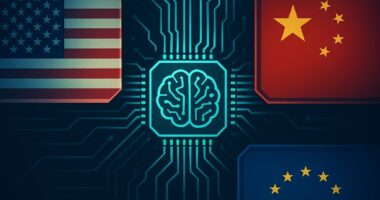The rise of artificial intelligence (AI) and automation has sparked global debates about the future of work. While many worry about machines replacing jobs, the truth is more complex. The AI economy offers both challenges and opportunities. Instead of fearing automation, workers can focus on adapting and thriving in this new digital age.
Understanding the AI Economy
The AI economy refers to the integration of artificial intelligence into industries, reshaping how businesses operate. Automation handles repetitive tasks with speed and accuracy, from manufacturing to data analysis. This creates higher efficiency but also disrupts traditional job roles.
For workers, thriving in this economy means recognizing that the future of work is less about competing with machines and more about complementing them.
The Shift From Replacing to Empowering
Many headlines highlight how AI will replace jobs. However, AI can also empower workers by taking over mundane tasks, freeing humans to focus on creativity, problem-solving, and emotional intelligence.
AI as a Partner, Not a Threat
-
Healthcare: AI helps doctors analyze scans quickly, but human judgment ensures accurate diagnoses.
-
Education: AI tools personalize learning, while teachers provide guidance and mentorship.
-
Business: Automation streamlines operations, giving professionals more time for innovation.
This shift proves that the AI economy is not about total replacement, but about creating new forms of collaboration between humans and technology.
Key Skills Workers Need to Thrive
To succeed in the AI-driven future, workers must adapt by building skills that AI cannot easily replicate.
1. Human-Centered Skills
Emotional intelligence, creativity, empathy, and leadership are uniquely human traits that machines struggle to mimic. Workers who master these abilities will remain valuable.
2. Digital and Technical Competence
Understanding AI tools, data literacy, and digital platforms is essential. Even non-technical workers should learn how to use AI effectively.
3. Lifelong Learning
The AI economy evolves rapidly. Continuous education, whether through online courses, certifications, or workplace training, will ensure long-term employability.
Strategies for Thriving in the AI Economy
Workers can adopt proactive strategies to stay ahead:
-
Upskilling and Reskilling: Learn new digital and technical skills to stay competitive.
-
Collaboration with AI Tools: Instead of resisting technology, embrace AI as a productivity partner.
-
Entrepreneurship and Innovation: The AI economy opens opportunities for startups and creative ventures.
-
Adaptability and Flexibility: Workers who adapt quickly to new technologies will thrive the most.
Final Thoughts: Building a Human-AI Future
Beyond automation lies a future where humans and machines work together to achieve more than either could alone. The AI economy is not about replacing human potential but amplifying it.
Workers who invest in skills, embrace adaptability, and view AI as a partner will not just survive—they will thrive. The future of work belongs to those who see beyond automation and focus on creating value in collaboration with technology.









